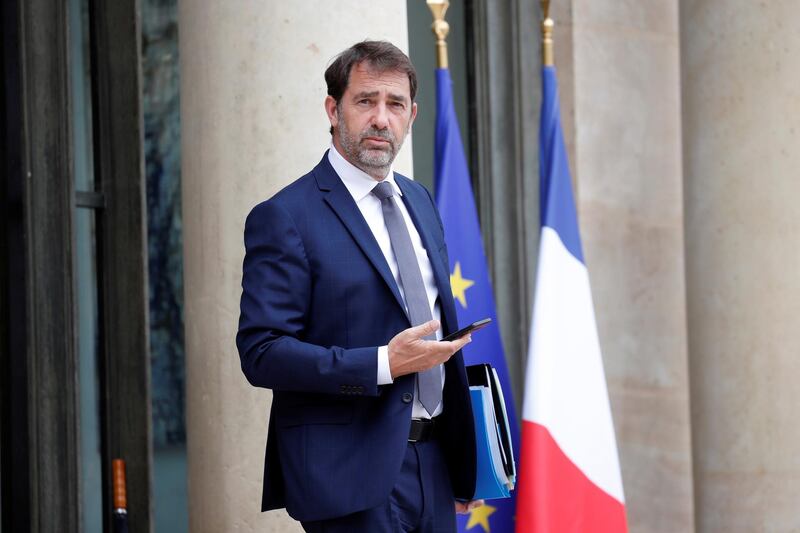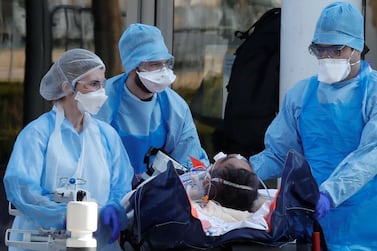French police carry out abusive, discriminatory and baseless checks on men and boys from black and Arab backgrounds, some as young as 10, which are often invasive and humiliating, Human Rights Watch has said.
According to a new report, most checks are not recorded and often police fail to tell people why they have been stopped. The rights group said the adults and children it had spoken to accused police of using racial smears.
The group said that dealing with these issues including racial and ethnic profiling was vital if relations between the police and community were to be repaired.
“There is ample evidence that identity checks in France, in particular because they have a discriminatory impact, drive a deep and sharp wedge between communities and the police, while doing virtually nothing to deter or detect crime,” said Benedicte Jeannerod, France director at Human Rights Watch.
“Cleavages between communities and law enforcement make neighbourhoods less safe and the police less effective, and discrimination is damaging to individuals and to entire societies.
“The French government should urgently reform police powers to stop, search, and frisk,” she added.
The rights group spoke to 90 French men and boys, including 48 children in Paris, Grenoble, Strasbourg and Lille for the study.
Children were often stopped by police near school or on field trips.
The group spoke to Sekou, a 14-year-old boy from Paris, who claims to have been checked by police six times.
“We never see white kids getting checked,” he said. “When I’m with my white friends, the police don’t even look at them … They say, ‘freedom, equality, fraternity,’ but there’s no equality when it comes to this kind of thing.”
Far from being a new development, Human Rights Watch noted that in 2012 it had warned police were stopping minorities in a discriminatory and abusive manner.
“Despite increased awareness and modest advances, the law and practice of identity checks in France remain deeply problematic,” the group said.
“The law gives the police overly broad discretion to carry out stops without any suspicion of wrongdoing, leaving too much room for arbitrary and biased decisions,” it added.
It did, however, say that an announcement from Interior Minister Christophe Castaner of a zero-tolerance approach to racism from police would not be tolerated, as anti-discrimination protests spread across France and globally following the death of George Floyd while being restrained by a white policeman in the United States last month.
A separate investigation by a commission set up by the French government into racism found that children from minorities, in particular those from the Roma community, faced barriers to schooling.
According to the French National Consultative Commission on Human Rights the Roma community has also been accused of abducting children. These claims typically are found later to be false but not before Roma people have faced threats and physical assaults.
It also criticised the negative media portrayal of the Roma community, which allowed negative connotations and prejudices to flourish.








